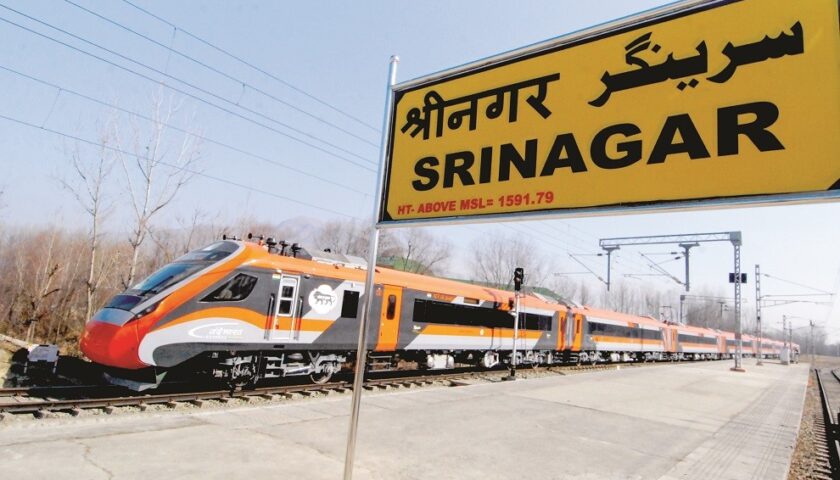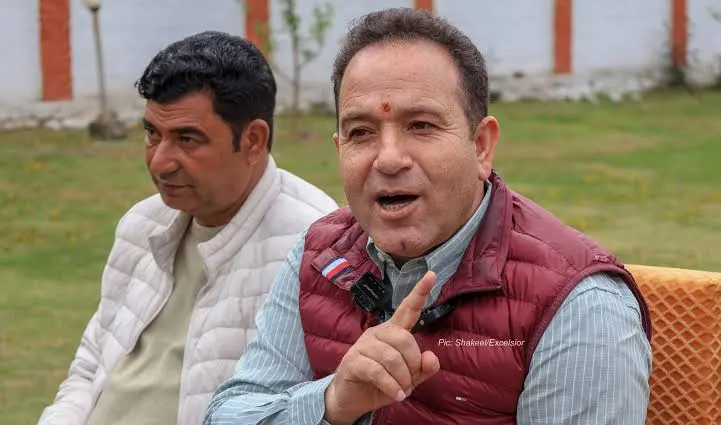Article 35A of the Constitution of India,unknown to the public domain till recent times, has raked up an intense debate in the country. Political narrative has a paradigm shift. Here’s all you want to know about the article:
What is Article 35A?
Article 35A of the constitution empowers J&K legislature to define state’s “permanent residents” and their special rights and privileges. It was added to the constitution through a presidential order of 1954 with the then J&K government’s concurrence
What is its significance to J&K?
* Through 1927 and 1932 notifications, Dogra ruler of the princely state of J&K, Maharaja Hari Singh imposed a law that defined state subjects and their rights. The law also regulated migrants to the state. J&K joined India through instrument of accession signed by its ruler Hari Singh in October 1947.
* After J&K’s accession, popular leader Sheikh Abdullah took over reins from Dogra ruler. In 1949, he negotiated J&K’s political relationship with New Delhi, which led to the inclusion of Article 370 in the Constitution.
* Article 370 guarantees special status to J&K,restricting Union’s legislative powers over three areas: defence, foreign affairs and communications.
* However, under the 1952 Delhi Agreement between Abdullah and Nehru, several provisions of the Constitution were extended to J&K via presidential order in 1954. Article 35A was inserted then.
* J&K’s Constitution was framed in 1956. It retained Maharaja’s definition of permanent residents: All persons born or settled within the state before 1911 or after having lawfully acquired immovable property resident in the state for not less than ten years prior to that date. All emigrants from Jammu and Kashmir, including those who migrated to Pakistan, are considered state subjects. The descendants of emigrants are considered state subjects for two generations.
* Permanent residents law prohibits non-permanent residents from permanent settlement in the state, acquiring immovable property, govt jobs, scholarships and aid.
* It was also interpreted as discriminatory against J&K women. It disqualified them from their state subject rights if they married non-permanent residents. But, in a landmark judgment in October 2002, J&K high court held that women married to non-permanent residents will not lose their rights. The children of such women don’t have succession rights.
Why is article 35A being debated?
* An NGO, We the Citizens, challenged 35A in SC in 2014 on grounds that it was not added to the Constitution through amendment under Article 368. It was ever presented before Parliament, and came into effect immediately, the group argued.
* In another case in SC last month, two Kashmiri women argued that the state’s laws, flowing from 35A, had disenfranchised their children.
Why are political parties & separatists opposed to tinkering with 35A?
Fear that it would lead to further erosion of J&K’s autonomy and trigger demographic change in Muslim majority valley. Political parties say Kashmir resolution lies in greater autonomy; separatists fan paranoia against possibility of Hindus ‘flooding’ the valley. However, in the last 70 years, demography of Kashmir Valley has remained unchanged even as Hindu majority in Jammu and Buddhists in Ladakh have rights to buy property and settle in the Valley National Conference supremo Farooq Abdullah address.




